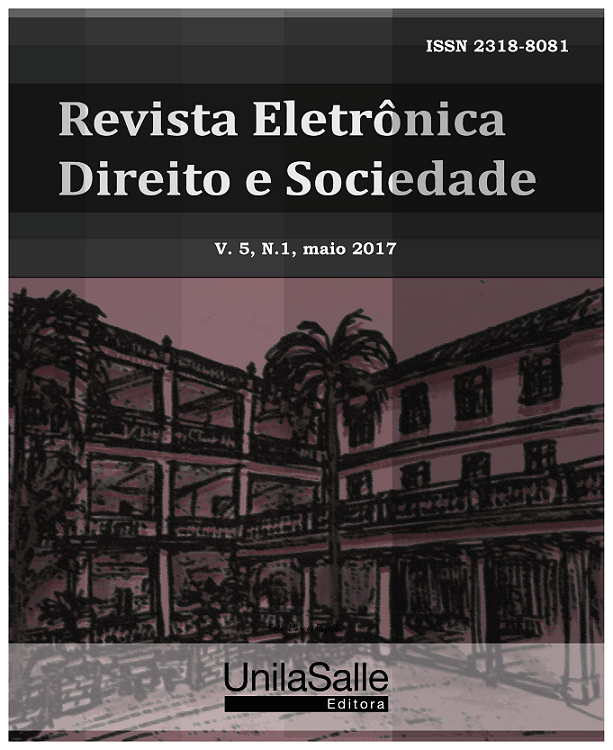Constitutionalism in globalization: an analysis of the new Latin American constitutionalism
DOI:
https://doi.org/10.18316/redes.v5i1.2717Keywords:
Globalization, State, Constitution, New Latin American Constitutionalism.Abstract
This study aims to analyze, through the hypothetical-deductive method of approach and monographic procedure, how globalization, the proliferation of standards from different sources, species and origins affects constitutionalism and the notion of State since that the rules of economic and market predominate in society today. Without forgetting that globalization should also encompass cultural phenomena, the question that the article seeks to answer is: in a context of globalization that brings state crisis and fragmentation of the law and the Constitution, what is the importance of the new Latin American constitutionalism to strengthen pluralism and culture of the Social southern countries, especially Bolivia and Ecuador? After the work is concluded that although globalization, from the economic point of view, spread to uniform rules and the weakening of the state and of constitutionalism, appreciation of culture and identity that is made by the new Latin American constitutionalism movement can be one by Alternatively towards offering offensive to modern binary logic and homogenizing tendency of globalization.
Downloads
Published
Issue
Section
License
Authors who submit their manuscripts for publication in the “REDES” Magazine agree to the following terms:
The authors claim to be aware that they retain copyright by giving “REDES” the right to publish.
The authors declare to be aware that the work submitted will be licensed under the Creative Commons Non-Commercial Attribution License which allows article sharing with acknowledgment of authorship and publication in this journal.
The authors declare to be aware that by virtue of the articles published in this journal have free public access.
The authors declare, under the penalty of the law, that the text is unpublished and original and that they are aware that plagiarism has been identified, plagiarized authors will be informed - willingly, to take legal action in the civil and criminal sphere - and, plagiarists will have their access to the magazine blocked.
The authors state that - in case of co-authoring - all contributed significantly to the research.
Authors are obliged to provide retractions and (or) corrections of errors in case of detection.
The authors are obliged not to publish the text submitted to “REDES” in another electronic journal (or not).
The Electronic Journal Law and Society - REDES - is licensed under a Creative Commons License. Attribution-NonCommercial 4.0 International.Based on work available at "http://revistas.unilasalle.edu.br/index.php/redes/about/submissions#copyrightNotice".
Permissions in addition to those granted under this license may be available at http://creativecommons.org/.

